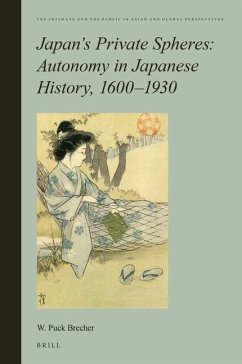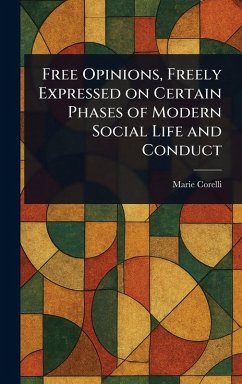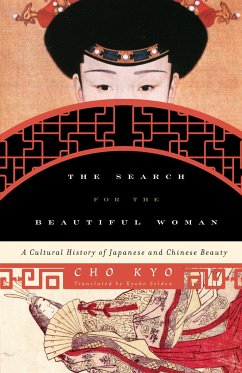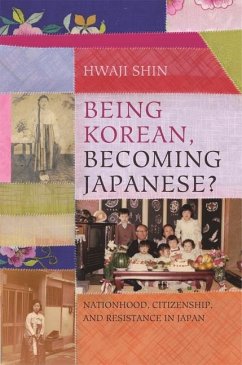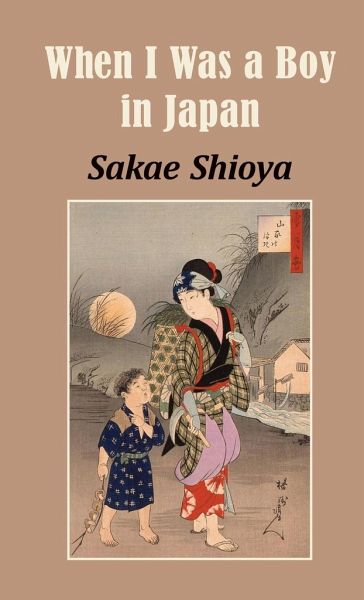
When I Was a Boy in Japan
Versandkostenfrei!
Sofort lieferbar
12,99 €
inkl. MwSt.
Weitere Ausgaben:

PAYBACK Punkte
6 °P sammeln!
Japanese children in the 1870s and 1880s were offspring of a centuries-old traditional order who faced a world suddenly dominated by foreign science and commerce. As a child in Meiji Japan, Sakae grew up among survivors of the shogunate and observed their samurai culture displaced by Western morals and practices. Meanwhile the traditional values of Japanese life still exerted a strong influence over his family and education and played a large part in shaping his experience, as recounted with charm and tenderness in this simple and reflective reminiscence. Cover: Toyohara Chikanobu, Mother and ...
Japanese children in the 1870s and 1880s were offspring of a centuries-old traditional order who faced a world suddenly dominated by foreign science and commerce. As a child in Meiji Japan, Sakae grew up among survivors of the shogunate and observed their samurai culture displaced by Western morals and practices. Meanwhile the traditional values of Japanese life still exerted a strong influence over his family and education and played a large part in shaping his experience, as recounted with charm and tenderness in this simple and reflective reminiscence. Cover: Toyohara Chikanobu, Mother and Child (1900)



